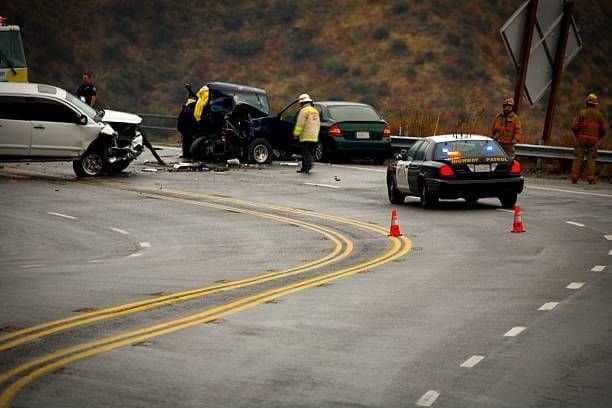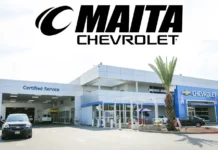Car accidents are unfortunately common on our roads, and even the most careful drivers can find themselves involved in a collision through no fault of their own. The city of St. Louis is not exempt from this harsh reality.
A quick look at St. Louis car accident stats tells a compelling story. The city has a fatality rate of 23.3 fatal crashes per 100,000 people and had 64 fatal crashes in 2021 alone. In other words, no one is safe—including you. If you’ve recently been involved in a car accident, knowing the legal steps you should take to protect your interests is important.
In this post, we’ll explore five things you should remember after a car accident in St. Louis and what you need to do from a legal perspective.
1. Stay at the scene
First and foremost, if you’re involved in a car accident, you must stay at the scene until help arrives. It is not only illegal to leave before exchanging information with the other driver(s) involved, but it could also be dangerous for yourself and others around the site.
If anyone is injured, call emergency services immediately. Otherwise, ensure everyone involved is safe by moving away from traffic or potential danger zones as quickly as possible.
2. Exchange information
After ensuring everyone’s safety, the next step is exchanging information with the other driver(s) involved in the accident. You’ll need their name, phone number, email address(es), and insurance provider information. These details will be important when filing claims or dealing with any potential lawsuit later.
Ensure all parties present to provide their contact and insurance details (proof of insurance). If there were witnesses present at the scene with whom you didn’t exchange information at the time of the collision due to rush or trauma, try to track them down using the resources available to you.
3. Take photographs when safe
Before any vehicles get towed away or removed from public space, and just after exchanging information, take photos. Capture the damage from various angles. These photos will serve as evidence later on, supporting your claims for compensation, including car repair bills, lost wages, medical costs, etc. Having photographic evidence will help establish liability against distracted drivers or those misrepresenting the nature of the incident.
4. Report to your Insurance
It’s important to report the accident to your insurance company sooner rather than later, even if you weren’t responsible for causing it. Your insurer will want to know if you are alright, and they’ll assist you in filing a claim. When speaking with an insurance adjuster, ensure that all details and the sequence of events are accurately preserved and relayed to minimize the likelihood of errors.
5. Get in touch with legal aid
Lastly, finding a lawyer should be at the top of your priority list after a car accident, especially if you have suffered severe personal injuries or financial losses that impact your ability to work, resulting in greater medical bills and loss of wages/career opportunities. Going without assistance could mean accepting settlements much lower than what you deserve.
A post-accident lawyer will advise if another party can be held liable based on evidence or information received from witnesses/photographs and assist in filing claims against said parties and their insurance companies. They will ensure clarity in procedures during the trial. Hiring experts who understand specific legal nuances, such as applying statutes and regulations, is essential as their experience can strengthen your case.
Wrapping Up
Being involved in a car accident can be incredibly stressful, but following these steps will help drivers remain safe and have peace of mind knowing they’re protected under local laws. Staying at the scene, exchanging information among the parties involved, capturing photographs, filing reports, getting insured, and seeking help from lawyers will give you the best chance of obtaining favorable decisions. Timely efforts can significantly reduce costs associated with damages to your rights. While it may feel unnecessary to some, being prepared for any eventualities while driving on our roads is always wise. Stay safe out there!







